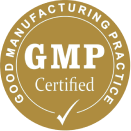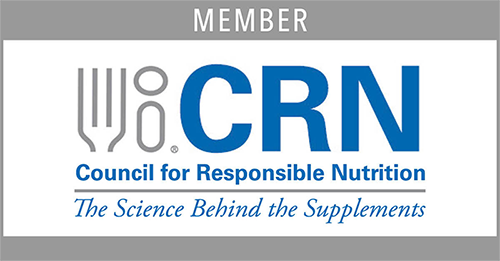What is It?*
Source Type: Mineral
Source(s):
- Naturally found in soil
- Naturally found in some animal and plant foods (meat, organ meats, fish, poultry, dairy, brazil nuts, eggs, whole grains)
- Chemically synthesized in labs, but normally for industrial applications
Selenium is an essential trace mineral that is naturally found in soil, water, and some foods. Selenium is important for reproduction, DNA synthesis, and thyroid gland function. It also acts as an antioxidant, helping to protect the body from damage caused by free radicals and from infection.
Benefits*
Selenium is beneficial for supporting the immune system, thyroid health, cognitive health, reproduction, and cardiovascular well-being. Selenium has also been used to reduce the risk of certain types of cancers.
Effectiveness*
Selenium is a key component of immune system support, as it helps to enhance immune cell function and contribute to the body’s ability to defend against infections. Many studies support its efficacy to help the body fight illness and infections.
It is scientifically accepted that selenium is important for thyroid health. It is necessary for converting the inactive thyroid hormone, thyroxine (T4), to its active form, triiodothyronine (T3).
The research on selenium and cognitive health is mixed. Some studies have found that people with lower blood selenium levels are more likely to have poorer mental function, but other studies did not have the same findings.
Some studies have found that selenium supplements might improve male fertility in men who had low levels of selenium, but the American Journal of Obstetrics & Gynecology states that there still is not enough research available to make a definitive association.
The evidence on selenium and cardiovascular health is mixed. Scientists know that low levels of selenium can contribute to heart failure, however, studies show that selenium supplements do not have any effect on the progression or prevention of heart disease.
Many studies suggest that people who consume lower amounts of selenium from dietary sources have a higher risk of developing certain cancers. However, it is still unknown whether selenium supplements can reduce cancer risk.
Risks*
Selenium is generally considered safe when taken in the recommended amounts. However, high doses of selenium can be toxic. Side effects include skin rash, fatigue, tremors, kidney failure, bad breath, irritability, weight loss, and fingernail loss. High selenium intake can also increase the risk of diabetes and high cholesterol. Selenium has the potential to interact with numerous medications, so you should not take selenium without speaking to your doctor first.



